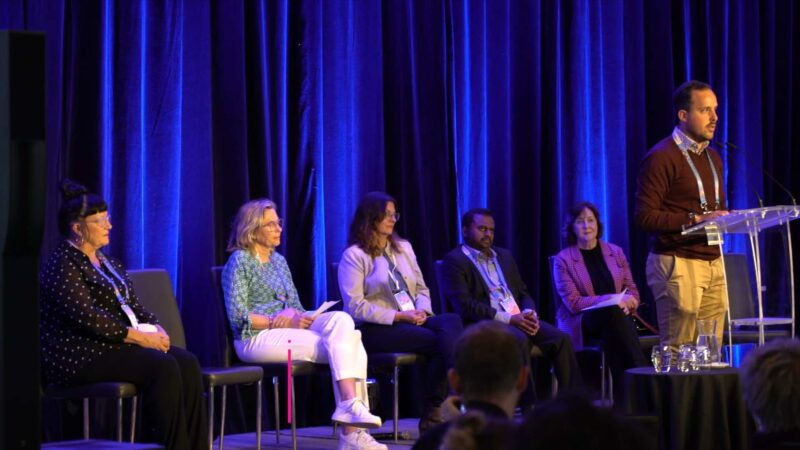Next week, at the Perth Convention and Exhibition Centre, The Royal Australian and New Zealand College of Psychiatrists (RANZCP) meet for the RANZCP 2023 Congress on the theme of “New Horizons: Connected Futures”
Delegates have been invited to reflect on how interconnectedness is a strength; and connections with each other in personal and professional lives, connections with the diverse cultures in communities, and connection to place with First Nations people.
Looking forward delegates have been asked to consider the next horizon in biological psychiatry and the delivery of evidence-based treatments. They have been asked to consider how the criminal justice system, mental healthcare system, disability sector and drug and alcohol services are interwoven and how to provide care that is integrated, and person centred.
Australian Health Journal spoke to current President-Elect Dr Elizabeth Moore and soon to be President, RANZCP about the Congress, as well as the recent Federal Budget announcements around mental health funding.
The RANZCP has welcomed a number of measures:
- $260.2 million over two years from 2023–24 to extend Commonwealth psychosocial supports for people with severe mental illness who are not in the National Disability Insurance Scheme (NDIS)
- $0.9 million over two years from 2022–23 to develop a 10 Year National Action Plan to support the health and wellbeing of Lesbian, Gay, Bisexual, Transgender, Intersex, Queer and Asexual (LGBTIQA+) people and establish a LGBTIQA+ Health Advisory Group.
- $40.0 million over 4 years from 2023–24 to establish the National Clinical Quality Registry Program for tracking the safety and performance of treatments and devices, thereby improving performance reporting for clinicians and hospitals.
- $4.9 billion over 5 years from 2022–23 (with $1.3 billion per year ongoing) to increase support for people receiving working age payments including the JobSeeker Payment. As noted in the College’s submission to the Senate Inquiry into poverty in Australia, we urged for an increase to the allowance rate for Australians accessing government-funded payments, including JobSeeker.
However, while there are some positive measures for mental health, RANZCP believe funding has been weighted to wellbeing initiatives and primary care. Australians experiencing the most serious mental health conditions, with severe, complex and chronic presentations have missed out on vital support in this year’s Federal Budget.
A particular group of concern is children. Around 3 in 4 children with a severe mental health disorder are missing out on critical support, according to Dr Moore.
Out of the 80,000 children in Australian with a severe mental health condition, only 22,000 are currently being seen by a psychiatrist, stating the case that more child and adolescent psychiatrists are needed to meet the needs of children.
You Might also like
-
Understanding factors of persistent lower back pain in women
Lizzy Quinn is a Musculoskeletal Physiotherapist with 20 years experience focusing on people with spinal pain. Australian Health Journal spoke with Lizzy on the complexities of persistent lower back pain in women.
Lower back pain in women in their 30s, 40s, and 50s is complex to treat due to the combination of physical and emotional factors, and health professionals need to stay updated on best practices and science to provide the best recovery platform for patients. These women typically have busy lives, pressures, and expectations.
-
Nurse led micro-suction earwax removal service continues success
At the 2024 Telstra Best of Business Awards in February, Earworx was recognised as the National Championing Health Award winner. Lisa Hellwege, the Clinical Director and Founder of Earworx, expressed her gratitude to the entire team and their patients for their trust and support. Earworx specialises in providing professional earwax removal services led by trained nurses using a procedure called microsuction.
-
Study on digital tool for pharmacists in aged care
In March 2022, the Australia government announced $350 million of funding over 4 years to employ on-site pharmacists in residential aged care, starting July 2023. In April 2023, the government made changes to the proposed on-site pharmacists, where the new program will now be delivered by and through community pharmacies. Regardless of how the model will be implemented, the goal remains the same – to improve quality use of medicines and medicines safety for aged care residents.



